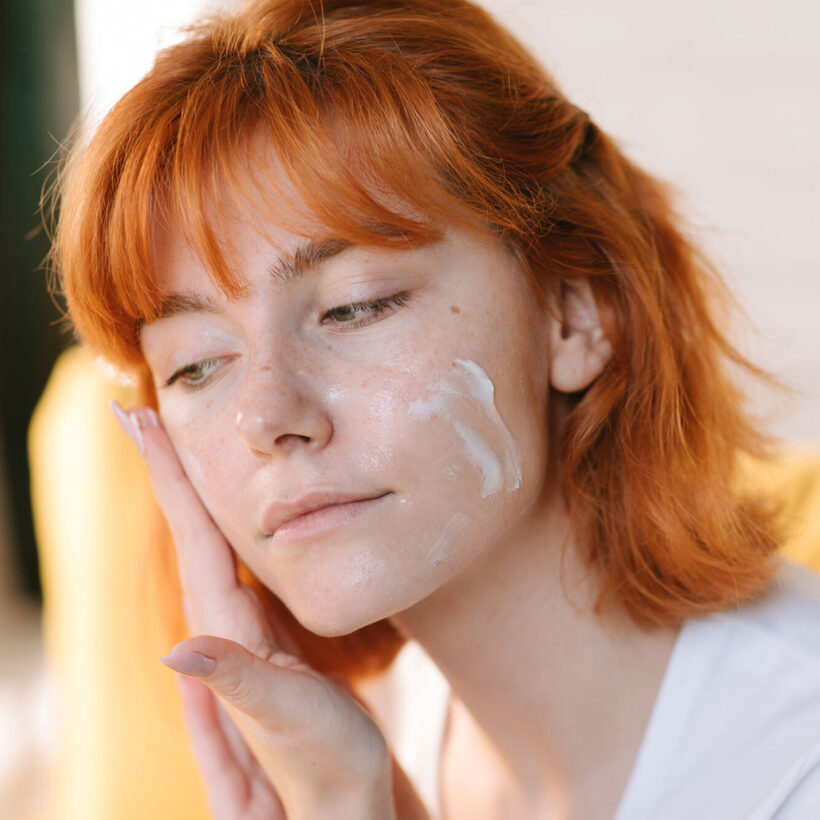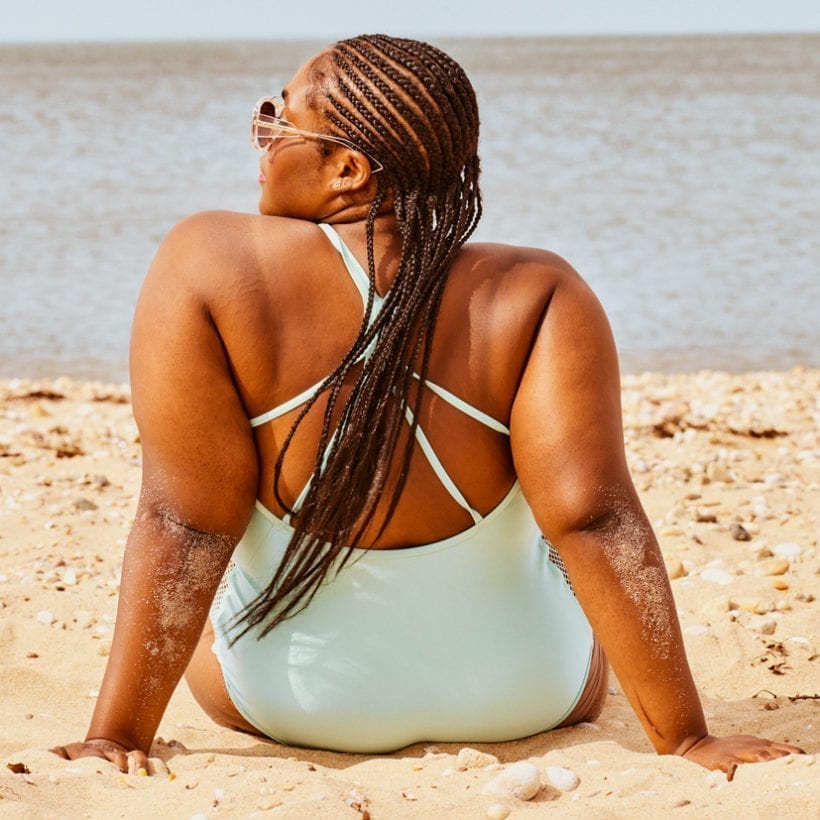When is the last time a dermatologist heard a really head-turning question? It seems like at baseline, whatever ails your skin, ails most, and we are all looking for a simple directive when it comes to treating our common skin woes.
We tapped board-certified celebrity cosmetic dermatologist, Debra Jaliman, M.D. to answer the questions she gets the most from her clients. We would not be surprised if she — or any other derm — prints this one out and glues it to their practice’s door.
My face easily turns red. How can I cancel out the color?
“Avoid chemical sunscreens. Chemicals can be irritating to the skin and cause inflammation, which leads to more redness, so use a physical sunscreen with a high concentration of zinc oxide of nine percent or above,” she says. “Wear it every day rain or shine, as UV sunlight will tend to make redness worse.” When the skin is exposed to the sun, it creates melanin, which manifests as a tan for some people, but as red, inflamed skin for others, which is typically a sunburn. That redness from a sunburn comes the body flooding the skin with blood to treat the damage from the sun. “Also, try to avoid products with fragrances, and look for skincare products with niacinamide, as its anti-inflammatory effect helps to diminish redness. Avoid steam and sauna, as it makes redness worse, limit caffeine intake to one cup per day and avoid spicy foods.” After all, a common side effect of caffeine and spicy food is indeed a flushed face, and most rosacea sufferers have very sensitive skin that is affected by these things.
When can I start tackling fine lines?
“Always wear sunscreen because UV damage causes lines by breaking down the collagen and elastic tissue,” Jaliman says. “Look for a product with peptides because peptides stimulate collagen production, and use retinol at night because retinol is similar to retin-A.” Peptides, like retinol and growth factors, are known as “cell regulators,” which means they have direct effects on your skin’s collagen metabolism and production. Additionally, think about getting a head start on prevention. “Consider using Botox before lines get deep because it relaxes the muscles and smooths the lines in the skin overlying these muscles. If you have deep smile lines, these lines can be filled in and softened, consider a filler made of hyaluronic acid.”
I always wake up with puffy eyes.
“Always sleep on two pillows, take gel ice packs and put them on your eyelids for 10 minutes in the morning, keep your eye serum in the refrigerator and put the cool gel on your eyes to take down the swelling,” Jaliman says. Unless you have an eye infection, an injury or simply allergies, eye puffiness is primarily caused by fluid retention in the tissue around your eyes, which happens sometimes just because of the position we sleep in — we are too parallel with the floor. “Look for caffeine in ingredients. The caffeine will help constrict the blood vessels which will help take the swelling down. Also, avoid excess salt, artificial sweeteners and MSG which tend to make the eyes swell, and take Benadryl or an antihistamine if your eyes are swelling due to pollen.”
I have bumps all over my skin. What are they and how do I treat them?
“Always make certain to take your make-up off before you go to sleep, and look for non-comedogenic products,” Jaliman says. “Also, never use a primer with silicones in it, as they’re known to clog the pores.” Bumpy skin can be classified as any condition ranging from acne to blackheads and even keratosis pilaris — also known as “chicken skin.” “Use a sonic cleansing brush which helps exfoliate the dead skin on a daily basis and use a toner with lactic or glycolic acid.” In general, lactic is known to be gentler for sensitive skin, as it is more moisturizing, and glycolic is best for oily skin, as it helps to reduce excessive oil production.
I know hyperpigmentation is normal, but what can I do to counteract it?
“Wear sunscreen every day, rain or shine,” Jaliman says. “UV light, even through a window, will make pigment worse, so wear SPF 30 or above.” Sun exposure is the number one cause of hyperpigmentation in the skin, as it is sunlight that triggers the production of melanin the skin, almost as a defense mechanism, as melanin then serves as the body’s natural sunblock. Hyperpigmentation can manifest in anything like sunspots, melasma, or post-inflammatory hyperpigmentation. “Look for products with licorice extract, niacinamide, arbutin and vitamin C. In strong sun always wear a hat with at least a two-inch brim and avoid the sun from 10 a.m.-2 p.m.” When it comes to the cosmetic treatments Jaliman likes best to combat hyperpigmentation, she recommends the Clear & Brilliant and Permea lasers done in a series of four treatments done one month apart. She also uses the RevLite laser, which has no downtime but takes six treatments to decrease pigmentation.
My hair is thinning, help!
“Make certain that you have a well-balanced diet and you have enough protein,” Jaliman says. “Additionally, see your physician and have blood tests done to make sure you’re not iron deficient, don’t have a thyroid issue or that your vitamin D is not low.” Studies have found that eating the right amount of protein is important for hair growth because hair follicles are made up primarily of protein. Additionally, low iron levels can cause anemia, which has been linked to hair loss, and vitamin D and B vitamins may help promote strong, healthy hair. “I recommend OTC Rogaine five percent for women nightly, and 2.5 mg of Biotin. Biotin Eu Natural is my favorite because it’s vegetarian and has few ingredients.”







